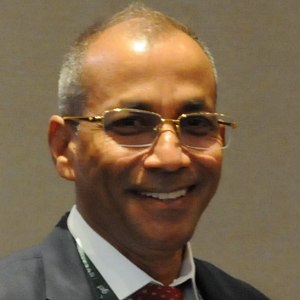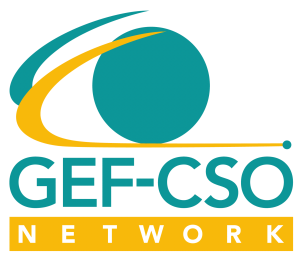The Global Environment Facility (GEF) creates a unique and vibrant momentum in tackling the global climate crisis. Engaging civil society organizations and indigenous people’s groups in the GEF architecture is one of excellent achievements. The CSOs engagement in the global and regional GEF events like GEF Council Meetings, GEF Assembly and Expanded Constituency Workshops (ECW) have been unfolding a new era of partnerships and engagement. It connects civil society representatives with government representatives, so thoroughly bringing more trust and working relationships.
The GEF CSO Network represents more than 600 civil society organizations and indigenous people’s representatives to the GEF architectures. The network has been contributing in the GEF policy dialogues, programmes and projects vigorously. The Network pledges to add value and complement in the GEF funded programmes and projects implemented by the governments in tackling the global climate crisis.
The GEF has been doing tremendous works around the globe but unfortunately it could not create significant visibility of the GEF at country or community levels since its inception 1991.
The true engagement of the civil society groups with defined roles and responsibilities to contribute in the government implemented projects may be a turning point for making the GEF visible at country levels. There should be real integrated rather than fragmented programming to bring governments, CSOs and private sector agencies to work together for the defined common goals. Unfortunately, still such real integrated approaches are absent in the GEF programmes and initiatives. Therefore, the upcoming GEF-8 faces questions whether it will be able to address the gaps and add values to increase the GEF’s visibility at country levels or not.
As a part of addressing such critical gaps, the GEF CSO network recommends to establish multi-stakeholder dialogue platform at country levels under the GEF guidance. Governments will lead or chair and civil society representatives serve as the process facilitators for addressing all forms of climate issues in each country. Age & sex disaggregated baselines focusing on vulnerability, capacity, economic status and ecology etc., climate literacy and civic capacity building should be considered as the key entry points for overcoming the risks and gaps caused by the COVID-19 pandemic and climate crisis and to work toward a recovery that is green, blue, clean, and resilient. Unless and until, such true and real integrated approaches are made manifest, the expectations of the GEF may remain as a dream.

Akhteruzzaman Sano
Former Chair
GEF CSO Network
